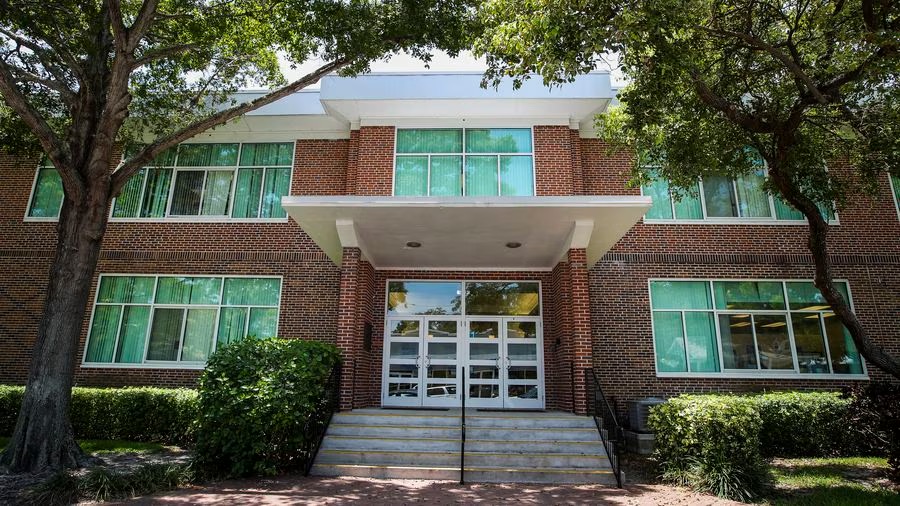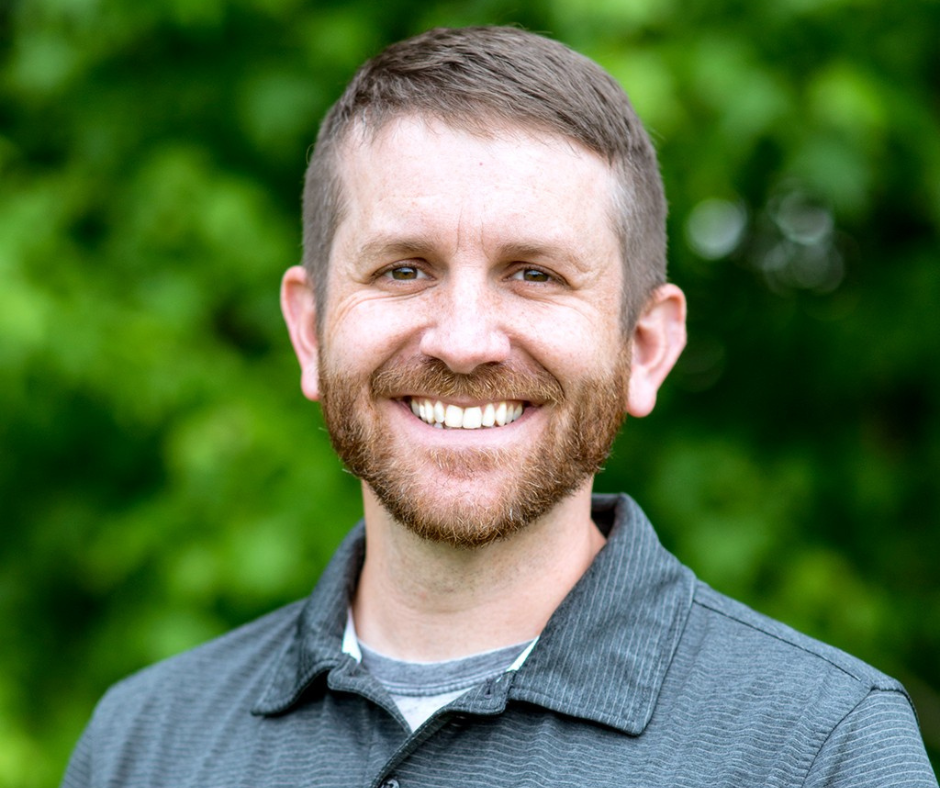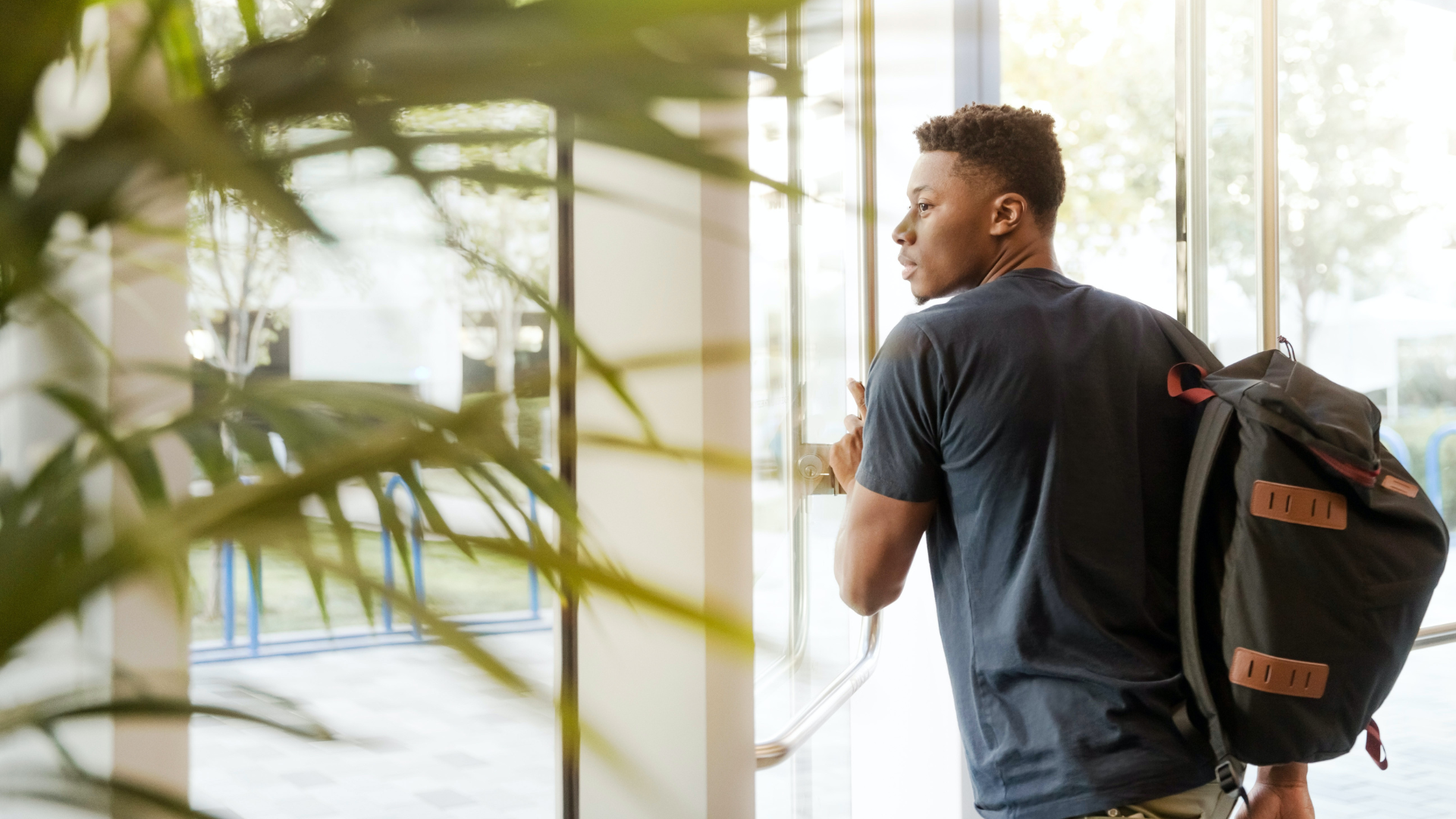by Edward Murray
School choice has been a debated topic for many years, and while you may be thinking it’s a good thing, there are compelling reasons to reconsider. Although it is sometimes difficult to determine causation from correlation, there is the potential-future issue of inflating tuition rates due to state funding. Consider St. Paul Catholic school in St. Petersburg, Florida, which recently explicitly stated that they would raise the price of admission with the new voucher program.
Florida’s new voucher law allows private schools to boost revenue

On the face of it, one would think that state funding to aid families’ migration to the free market would be a positive. Of course, from that statement alone, it’s obvious that anything state-funded can’t be free market; these are diametrically opposed ideas. But just for argument’s sake, let’s consider with the prevailing idea that more money given yields more opportunity for choice.
Wouldn’t this bring costs down? Likewise, shouldn’t all U.S. families be on board with vouchers, ESAs, tax-credits and the like?
For some time now, many in the home and private school world have been sounding the alarm on these so-called school-choice policies. The primary issue raised concerns parental autonomy vs. state accountability (tantamount to coerced regulation). Let’s face it, when any policy is put on the books for spending, rarely does the growth of regulation shrink or go away. It typically grows. Regulation always follows funding.
For more on funding and regulation:
“I Run a Private School and am Against School Vouchers. Here’s Why.” By Marsha Familiaro Enright.
“ESAs: What You Need to Know with Israel Wayne.” Refining Rhetoric, Episode 31. Feb. 1, 2023.
And we want it that way, right? If the government is going to spend our tax dollars, don’t we want them to track the money and assure us it is spent responsibly? Again, this regulation over parental choice is the very reason why private options exist.
State-Funded ‘Choice’ Will Inevitably Inflate the Cost of Private Education
However, there is another principle that private educators warn of: State-funded “choice” will inevitably inflate the cost of private education.
Consider the fact that all organizations need money to sustain their work, whether for the short or the long-term. As long as decisions don’t sink the buy–ability of a product, given the opportunity, companies will consider how better to fund their work.
This is exactly what is happening with St. Paul Catholic in Florida. After Gov. DeSantis (R) signed into law the state’s newest voucher program, representatives of the school stated, “…we decided that we need to take maximum advantage of this dramatically expanded funding source.”
“So instead of paying $6,000 per child, families at the school who are St. Paul parish members will now be charged $10,000 per child. Nonmembers will be charged $12,000 per child, instead of $7,000. Discounts for multiple-student families will be eliminated. Based on those numbers, and factoring in the $4,000 tuition increase, St. Paul could bring in nearly $1 million more in the school year starting this fall. Voucher critics said the decision was predictable, and expected more private schools to follow suit…”
Of course, one might argue that this still mitigates the cost of the program (likely only to aid families who can still afford it), and this would be true… at least for the present. However, keep in mind the annual increases in private K-12 and higher education.
From my experience working in higher ed. (public and private) …not only does tuition tend to increase every year, but institutional administrators always also factor in going rates for other similar institutions competitive in the same fields. Also, keep in mind that it isn’t necessarily popular to gravitate towards the cheaper education option. Rather, many opt for the more expensive programs because cost often indicates quality (i.e., people reason, “the greater the cost, the better the education”).
Moreover, even if tuition doesn’t appear to increase on the surface, an increase in tuition paid might occur even if the sticker face remains unchanged. These increased, hidden dollars are typically reflected in other ancillary fees and like charges.
Currently, it can be a little hard to examine the U.S. statistics due to the infancy of these programs.[1] However, many who claim that there is no data for inflation should rather backtrack that notion. Barnum notes that some school choice programs (ones with unrestricted subsidies) “lead to price increases yet no change in enrollment…” He continues, “…private schools did not admit additional students, but did raise tuition — by an amount the researchers estimated to be roughly the same as the public subsidy.”[2]
Consider Ty Rushing who recently reported how Iowa’s private schools hiked their tuitions in response to Gov. Kim Reynold’s (R) voucher-ESA plan.
“While some private schools introduced minimal tuition increases—Holy Trinity Catholic School in Fort Madison increased tuition by less than a percent for parish members and about 3% for non-parish members—others swung for the fences including one Dubuque school that increased tuition by 40%, or an Anamosa school that literally doubled tuition.”[3]
Of course, I don’t blame them for wanting to better their programs, increase their functionality and provide adequate salaries for teachers. But one can’t deny the obvious connection. Brian Mudd (who denies the connection) even argues,
“In attempting to discern what the impact of school vouchers may mean for tuition rates it’s helpful to see how much capacity there is within the existing private schools as it’s unlikely rates would be increased unless they’re at capacity with demand outstripping supply.”[4]
Yet, this is exactly the state of hundreds of private institutions needing to make ends meet.
At the end of all this, maybe St. Paul’s decision doesn’t seal the deal for many to correlate state funds and increasing tuition. Yet, the argument is not without warrant. It is worth everyone’s consideration, especially those who grasp the current political climate, who understand the dangers of our ever-increasing debt, and who are concerned with expanding government overreach (which is embedded in all our collective COVID-19 trauma).
Holly Bullard, Chief Strategy Officer for Florida Policy Institute, states, “Tuition is going to keep increasing, because they’re going to keep raising the voucher amount.” With many raising the alarm, we should all heed the caution and prepare for tax increases to pay for these schemes.
[1] Hungerman and Rinz (Notre Dame and NBER) cite a study by Angrist, Bettinger, Bloom, King, and Kremer (2002), who find that winning a lottery in Bogot ́a for a voucher worth $190 raised average private school tuition and fees by $52, so that every dollar of voucher funding raised tuition and fees by about 27 cents, close to what the point estimate here suggests (vouchers worth $820 per user on average increase per-student revenue by $280 at baseline, or about 34 cents per dollar spent on vouchers).
[2] Barnum, Matt, “Do vouchers actually expand school choice? Not necessarily — it depends on how they’re designed.” Chalkbeat, June 20, 2017. https://www.chalkbeat.org/2017/7/30/21107261/do-vouchers-actually-expand-school-choice-not-necessarily-it-depends-on-how-they-re-designed
[3] Rushing, Ty, “Kim Reynold’s Private School Voucher Plan Led to Tuition Hikes.” Iowa Starting Line, May 12, 2023. https://iowastartingline.com/2023/05/12/kim-reynolds-private-school-voucher-plan-led-to-tuition-hikes/
[4] Mudd, Brian, “Q&A: Will Florida’s Universal School Choice Plan Raise Tuition Rates?” News Radio WJNO, iHeart.com. May 28, 2023. https://wjno.iheart.com/featured/brian-mudd/content/2023-03-28-qa-will-floridas-universal-school-choice-plan-raise-tuition-rates/

Edward Murray currently serves as Manager of Special Projects & Policy Research for Classical Conversations and The Homeschool Freedom Action Center. He is a native of Augusta, GA, and an alumnus of Reformed Theological Seminary in Charlotte, NC where he earned his M.Div. He currently lives with in Newport News, VA with his wife and three children.
